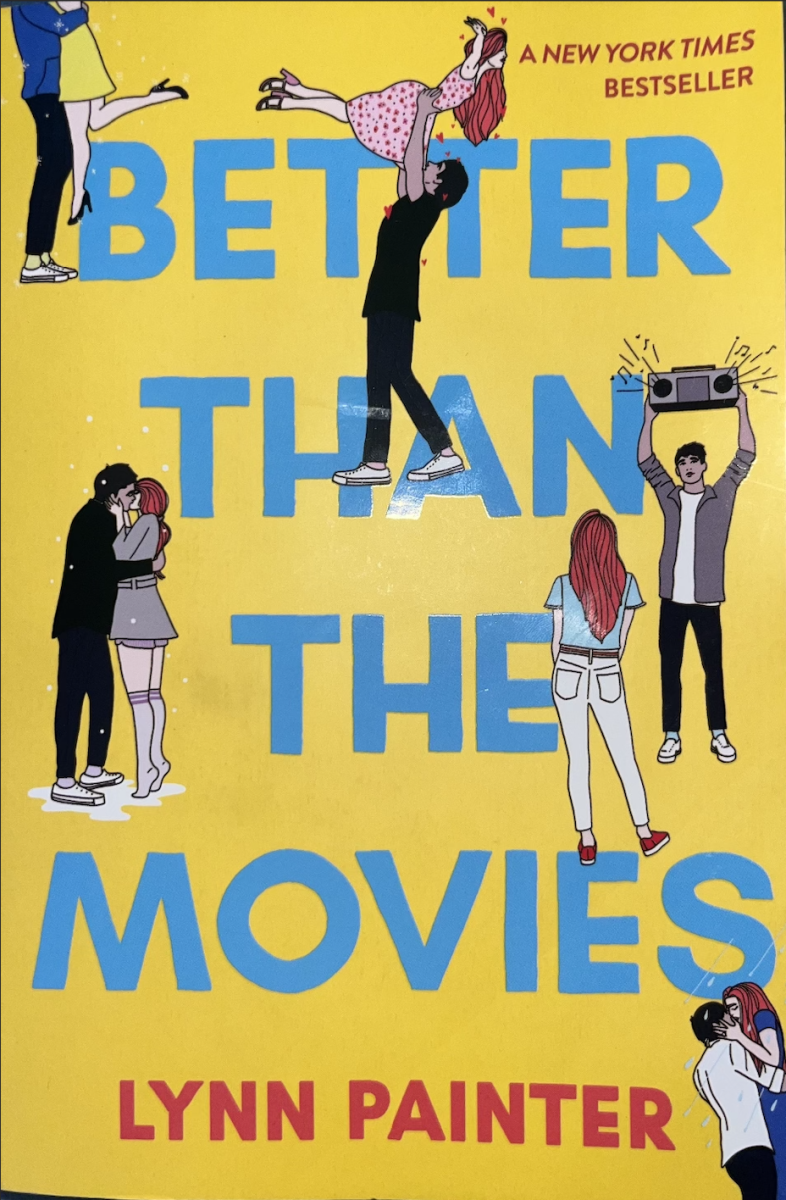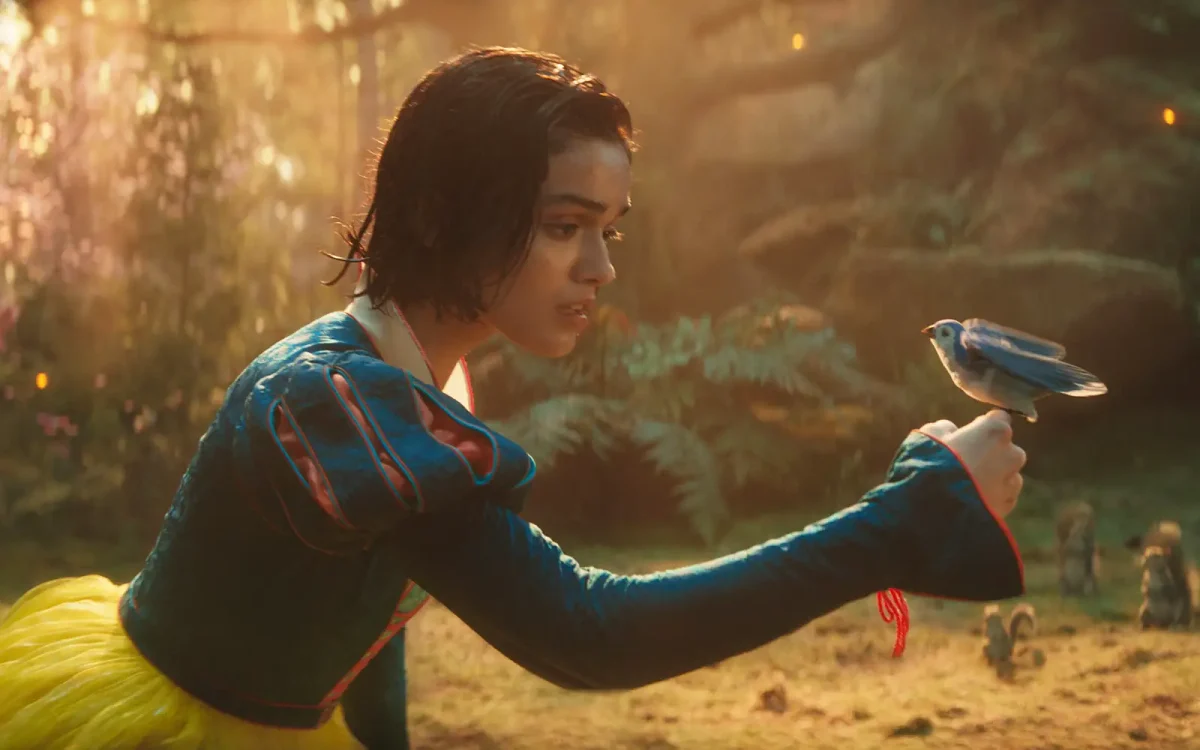Witty banter, second-chance romance, and contemporary humor— all redeeming qualities that made Better Than the Movies by Lynn Painter the ideal rom-com novel. Readers are guided through the tumultuous lives of seventeen-year-olds Wes and Liz, whose relationship transforms from solely next-door neighbors to lovers within less than a year. The ending is perfect: hopeless romantic Liz, coping with the loss of her mother, finally finds her true love story with Wes. The novel is a perfect depiction of “he falls first, she falls harder,” leaving readers with a sense of bliss as they turn to the last page. As with most standalone novels, we are left with the idealistic impression that the characters will remain at a “standstill” in their lives, living happily ever after in the exact conditions… until the author releases a sequel.
When Lynn Painter announced that there would be a sequel to Better Than the Movies in January 2023, fans’ opinions were scattered across the board. Mariam, a Goodreads reviewer, excitedly stated she would be “going into hibernation until then,” in anticipation of the new release. Another Goodreads reviewer Phuong was much more apprehensive, citing that “It’s going to be hard to live up to the expectations of [Better than the Movies]”.
Nonetheless, Painter continued her writing journey, releasing small snippets of information as the release date grew closer. By September 2024, one month before the official release, readers knew this much: the book would be titled Nothing Like the Movies and would involve some kind of conflict between the two lovebirds during their time at UCLA.
October came, and millions of readers dashed to their local bookstores, ready to reunite with their beloved Wes and Liz. I was one of these delighted readers – unfortunately, after reading through the sequel’s content, I doubt I will feel a similar sense of excitement about a potential trilogy.
Better Than the Movies would have been perfect if left as a standalone novel. Nothing Like the Movies created unnecessary conflict between the two characters purely due to my least favorite trope: miscommunication. As Wes and Liz navigated seeing each other after a two-year break, I could not help but roll my eyes in frustration as I realized that much of their turmoil could have been avoided if they simply communicated better. Of course, their lack of communication was a new addition to their characters– in the first novel they had experienced no such thing, often leaning toward the oversharing side. Both characters consistently made decisions that did not align with their personalities established in the first book. Understandably, they might have changed in college, but Liz’s complete transformation from a hopeless romantic to someone completely opposed to the idea of a relationship seemed unrealistic. As I progressed through the novel, I felt disconnected from the characters I had grown to love.
Of course, the ending was satisfying. Wes and Liz became “LizWes” again, seemingly overcoming the insignificant barriers that had prevented them from being together. Their distinct banter and affectionate teasing returned, but at what cost? What was the point of disrupting a perfectly curated standalone novel to create unnecessary tension between characters that could have remained happy? Personally, I cannot come up with an answer to this forever-baffling question.
In all, I found the content of Nothing Like the Movies to be disappointing. Better Than the Movies would have been better suited as a solo novel, leaving readers with the bliss they yearned for rather than snatching it away for conflict that did not require 500 pages to resolve.







